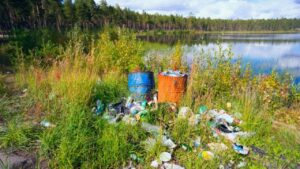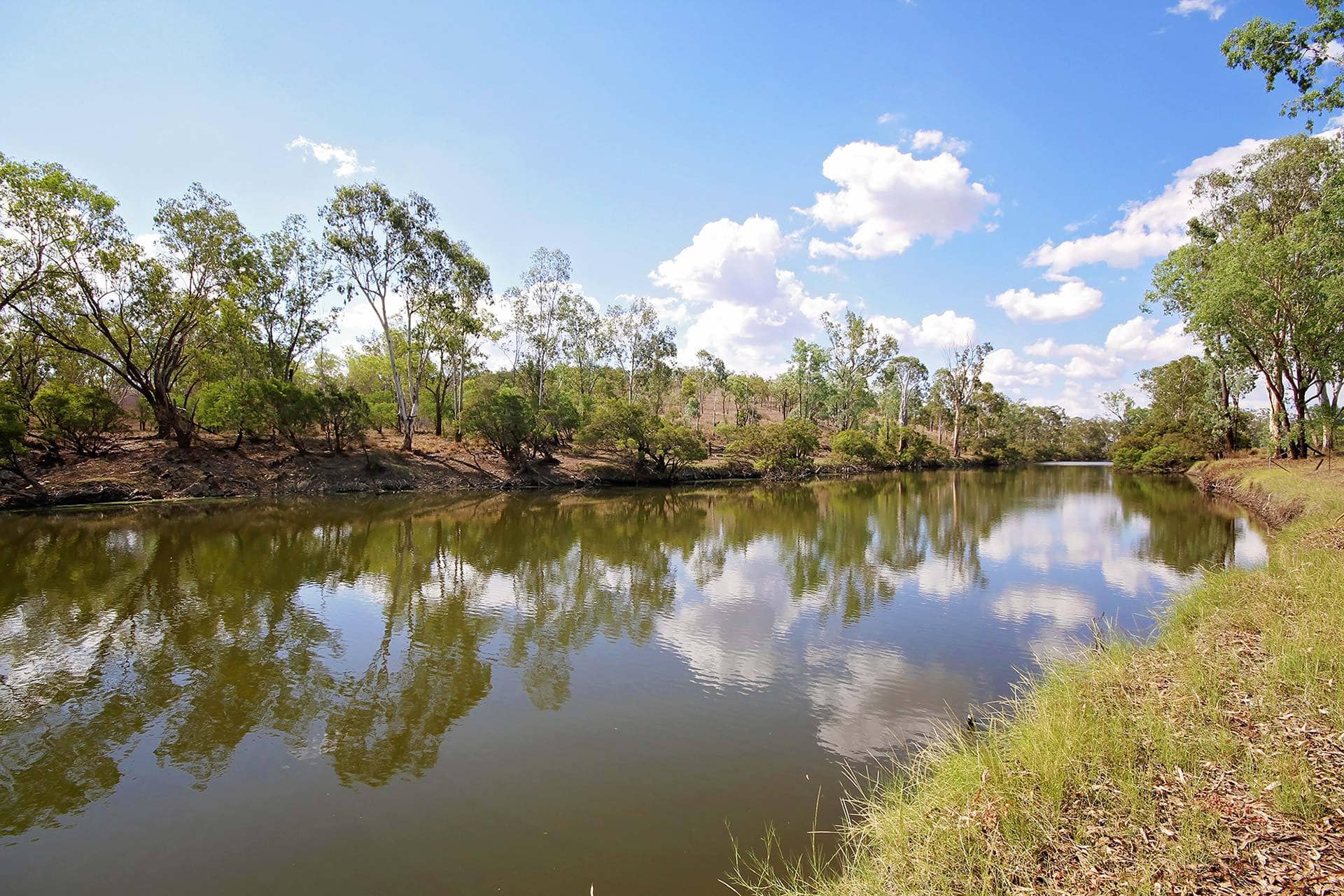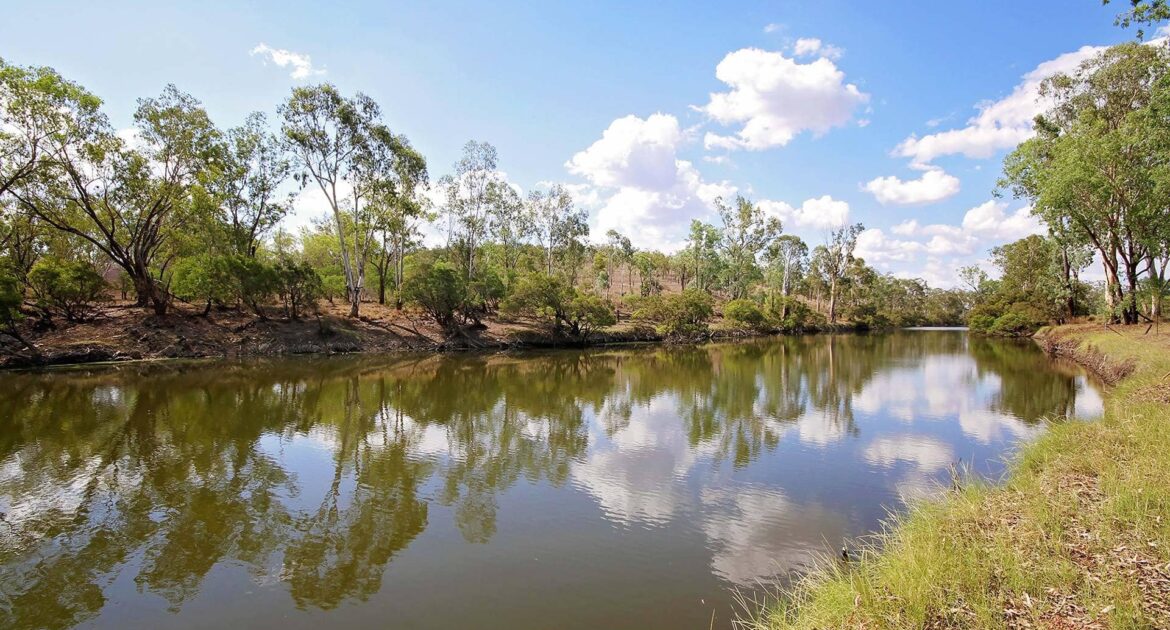The spotlight has been turned on Durham’s wetlands, thanks to two groups of environmental enthusiasts who are concerned about preserving wildlife. Two groups, North Durham Nature and the Nonquon Environmental Education Centre have partnered to erect wetland promoting and preserving signs around the area. These signs should go a long way in ensuring that humane wildlife control is used to handle Rexdale’s wildlife issues.
The new signs (comprising four large panels) function as promoters of wetland preservation, offering tips to passers-by on how to safeguard this natural treasure. They were also written and designed (by club members and volunteers who also installed them) to highlight the beauty and uniqueness of the life forms that make up the wetlands. These signs are very important as they will help to sensitize more people to the value of the wetlands and lead to more careful use and treatment of the precious resource. In addition, the wetlands serve multiple vital purposes including but not limited to; trapping and holding sediments and contaminants, flood retention, prevention of shoreline erosion and groundwater recharge.
Human Activities that Damage Wetlands

Unfortunately, wetlands like ours in Durham are often threatened by human activities that either reduce their size alter their structure or eliminate them altogether. Pollution and dumping or landfilling alter the structure of the wetlands, making it difficult, and sometimes impossible for its inhabitants to live. This also affects the region’s water quality as the waste is filtered into the water table. When wetlands are filled for development or altered for agricultural uses, the wildlife community also suffers.
Why We Need Wetlands
Durham’s wetlands have aesthetic appeal since they are so beautiful. Their untamed scenery and wildlife communities provide the perfect stimulation for relaxation and mental rejuvenation. But there is more to them than meets the eye.
Wetland preservation is important to the ecosystem, and therefore, the survival of human beings. Numerous lifeforms thrive in the wetlands and when their habitat is destroyed or damaged, their survival rates fall. When these species experience reduced numbers or disappear altogether, the ecosystem’s balance is thrown off. Life forms that depended on the absent species also face a survival dilemma and those that would have been eaten experience a swell in number and the crisis continues to expand with a kind of domino effect.
Wetlands are also important as they safeguard against flooding by absorbing and facilitating the flow of floodwater. Without proper functioning wetlands, the water levels in Durham’s lakes and rivers will rise, covering areas that once served as wildlife habitat and displacing (or killing) many wildlife residents.
In addition to that, coastal wetlands protect the land by absorbing the water from incoming waves during a storm. They also keep the shoreline from being eroded by stormwater. Therefore, in light of the very we weather Durham has been experiencing recently, it is crucial that wetlands be in a position to function the way nature intended.
You can play your part in preserving Durham’s wetlands by disposing of your garbage in the designated places (and recycling whenever you can to reduce the amount of waste you create). You can also encourage others to care for the wetlands in a similar fashion.
Many people still underestimate the value of our wetlands or are unaware of how wetlands help to safeguard our lives. This is why the signs that have been erected are so crucial. They promote humane wildlife control, which is a practice that should be adopted throughout Rexdale in order to save natural habitats like the wetlands and their residents.




